Bamboo, "The poor man’s timber", is one of the most important forestry species distributed throughout the India and has major contribution to the rural and national economy. Bamboo is an important livelihood for rural people and traditional workers. Apart from industrial and commercial uses, bamboo is widely used as building material and extensively used in construction of houses, walls, roofing material etc. Climate change is a immediate and unprecedented threat to the food security and income of hundreds of millions of people who depends on agriculture/forest for their livelihoods. Climate change will cause yield decline and health hazards, with South Asia particularly hard hit. In recent years, with the looming threat of global warming, there is much interest in bamboo as a carbon sink. Bamboo stands can achieve total standing biomass comparable to tree forests and are capable of sequestering substantial amounts of carbon. Inter-mast periods in bamboos, though thought of as species specific and rigid, is not the case in many. The present book titled "Ecological Management of Bamboo Resource in India" has covered rehabilitation, sustainable management, policy issues, reproductive biology and biotechnology, pest and diseases management, status of bamboo and rattan, entrepreneurship development, silvi-agricultural and agroforestry, storage and longevity of seeds, genetic resources for food security, ecological, economic and social problems, taxonomic identification of bamboo resource in different states of the country. The publication would certainly be significant for evolving right directions and new dimensions for ecosystem management and climate change. Besides, this publication would be of vital use for Foresters, Scientific communities, Environmentalists, Academicians, Industrialists, Policy makers, NGO’s and other Stakeholders engaged in community development through conservation of bamboo resource and climate change.
Contents: Preface. 1. Rehabilitation of bamboo resource/D.N. Tewari. 2. Sustainable management practices for bamboo areas of Tripura/Ram Prasad. 3. Policy issues for sustainable management of bamboo forests/P.K. Shukla and O.P. Chaubey. 4. Sustainable management of bamboo forests: reproductive biology and biotechnology/C.K. John and B.M. Khan. 5. Insect pest management for bamboo forests/K.C. Joshi. 6. Diseases of bamboo with emphasis to seed borne fungi/Jamaluddin. 7. Ecological management and rehabilitation of bamboo resource/O.P. Chaubey. 8. Ecological management of bamboo forests in Andhra Pradesh/M. Bullaiah. 9. Rehabilitation and sustainable management of bamboo forests in Maharashtra/G. Saiprakash and V.K. Mohan. 10. Sustainable management of bamboo forest of Gujarat state/G.K. Sinha. 11. The status of bamboo and Rattan in India/J.K. Rawal and D.C. Khanduri. 12. Strategies in entrepreneurship development of bamboo resource/Rajiv Rai. 13. Silvi-Agri system of bamboo forests/N. Berry, Neelesh Yadav and S.D. Sonkar. 14. Sustainable management of bamboo species under agroforestry system/Sharad Nema and Awadhesh Sharma. 15. Effect of storage conditions on seed longevity of Dendrocalamus strictus nees/Archana Sharma. 16. National Genebank conserving the plant genetic resources for food security/Veena Gupta, Anjali Kak and R.K. Tyagi. 17. Bamboo flowering: ecological, economic and social problems/P.S. Mardikar. 18. Non-profit organization to facilitate community based enterprise development of bamboo products/Hemnath Mishra. 19. Taxonomic identification of bamboo resource/O.P. Chaubey. 20. Bamboo to enterprise development/O.P. Chaubey. Index.

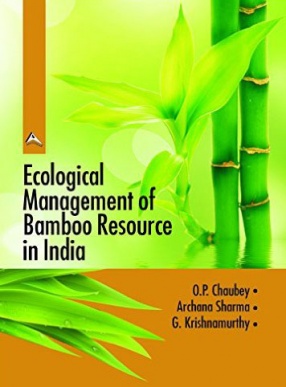
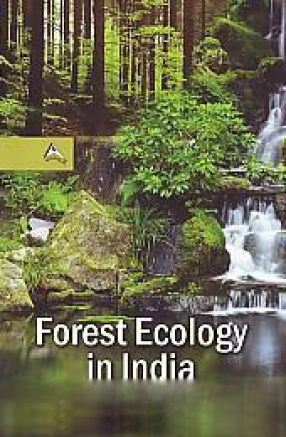
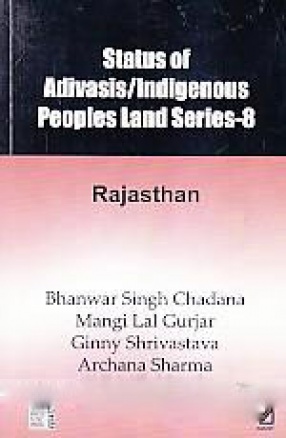
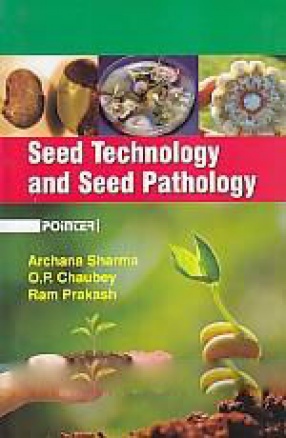
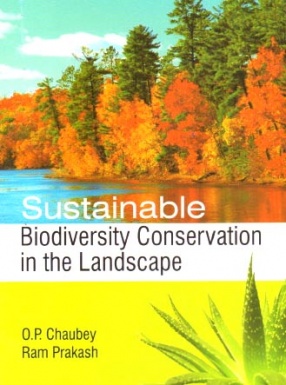

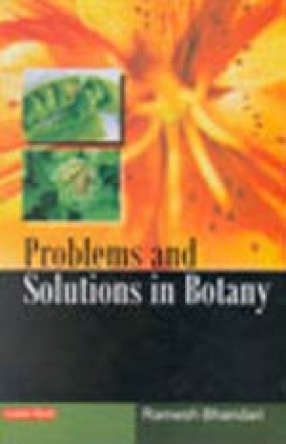
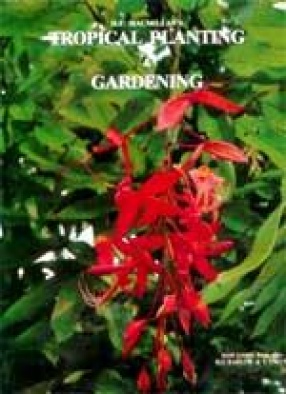
There are no reviews yet.